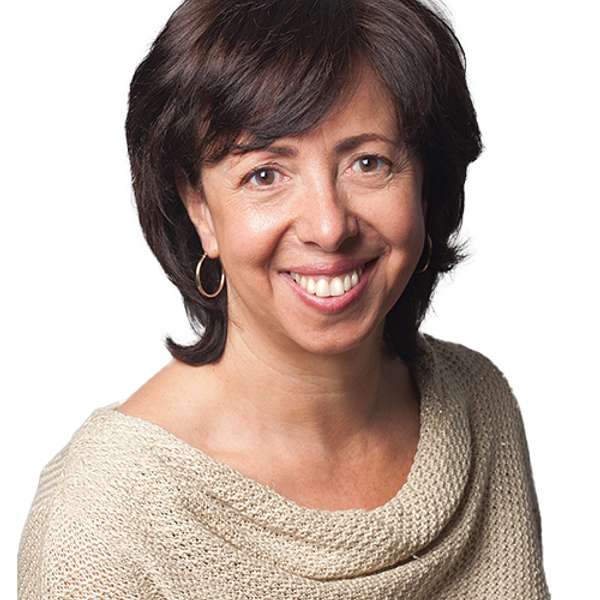
The Battles We Pick
What can we learn about making social and political change from talking to professional change-makers? This work takes a combination of persistence, shrewdness, and luck. On the Battles We Pick podcast, skilled advocates and organizers talk about how they deal with the various challenges they confront.
Theme music by generous permission of recording artist Stephen.
The Battles We Pick
Georgetown Law Human Righrs Institute Director Elisa Massimino on the need for advocates to balance chutzpah and humility
Elisa Massimino shared reflections from a distinguished career in human rights advocacy, including as CEO of one of the major organizations in the field, Human Rights First. Drawing from her 2020 Drinan Lecture on "Chutzpah and Humility: Twin Virtues for Changing the World" at Georgetown Law Center where Elisa teaches, she talked about the importance of recognizing the right moment for the right form of change to push. She views this as central to the work of advocacy.
And she drew a sharp contrast between advocacy and demanding wholesale transformation: "We don't get any gold stars for being right or being on a particular side. In fact, if you're satisfied with just being on the side of the angels, it's kind of like you're not really in the game. You're on the sidelines."
Elisa also recounted an experience rare in this field: getting Congress to go back and fix an overly restrict immigration statute they had adopted just a few years earlier. Very much a harbinger of problems still on the agenda today, the 1996 immigration reforms made it extremely hard for migrants fleeing oppression to make their asylum claims. Those seeking safety from persecution have a right to safe harbor dating back to World War II and the failure to take in refugees from the Nazi Holocaust. And through the persistence o f Elisa and other advocates, Republicans in Congress came to realize that some of their reforms needed to be softened.
David and Elisa's conversation explored some of advocacy's difficult dilemmas. What risk are you taking when you offer a very narrow critique or attack a problem on limited instrumental grounds? For instance, if you push for an end to capital punishment for anyone under age 18, does that mean it's okay for the state to put adults to death? Or if you criticize harsh post-9/11 interrogation on the grounds of effectiveness, does that mean torture is okay if it works? These questions led to a fascinating discussion of the need to somehow give new salience to debates gone stale. Perhaps deliberating issues on new terms forces a closer examination of them, and is likely to push things forward rather than backward. Even so, advocates must take these dangers seriously -- saddling them with responsibilities akin to the public trust that government officials bear.
